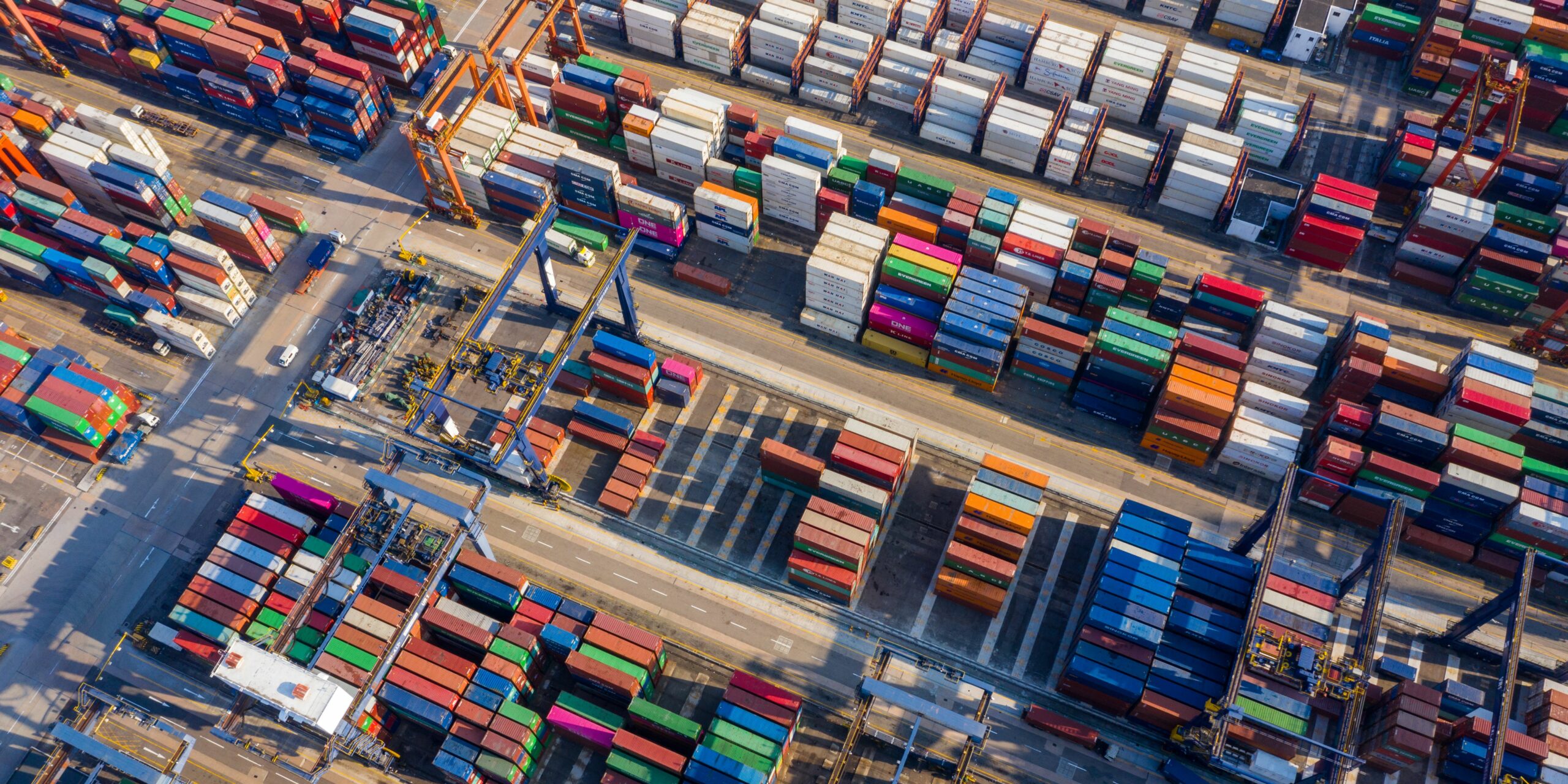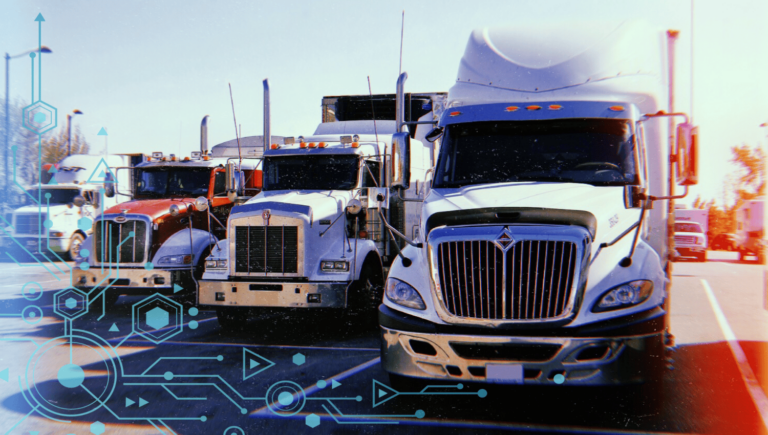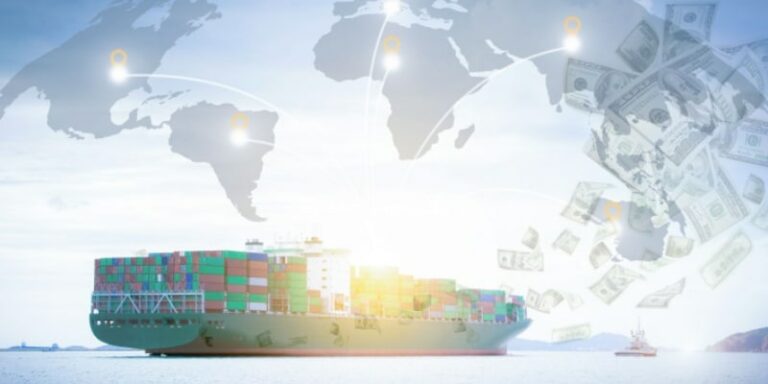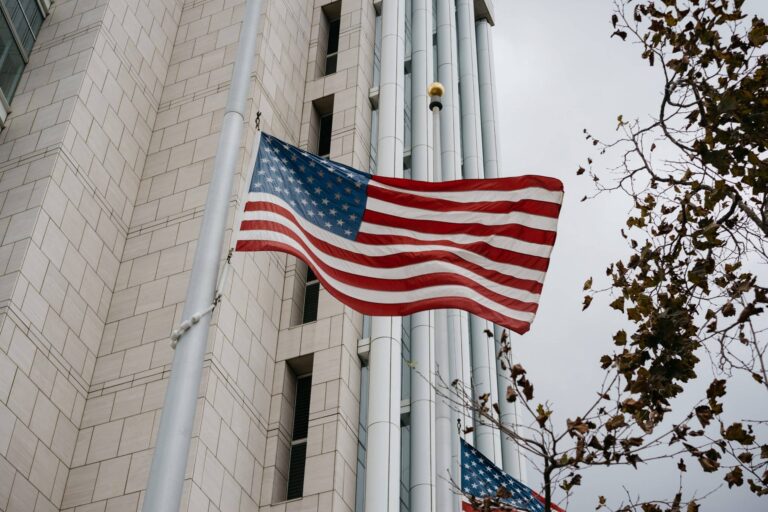Resilience of Supply Chains, Electric Trucks, and further Sanctions
Adapting Supply Chains: Resilience Amidst the Baltimore Bridge Collapse
Following the collapse of a bridge in Baltimore, the resilience of supply chains and transportation modes has been demonstrated as they adapt to mitigate logistical challenges. Stakeholders have worked to keep cargo flowing by extending permitted hours for truckers, swiftly restoring the channel, and utilizing nearby ports to handle diverted cargo. The Port of Virginia, for example, has experienced an influx of containers and increased its capacity to accommodate the additional volume. Railroads have increased train frequency between Baltimore and New York, while forwarders navigate challenges and trucking capacity adequately meets lane pressures. Although congestion has led to longer trip times, the impact on import logistics and cargo categories is expected to be minimal, with everyday retail items largely unaffected.
Highlights:
- Supply chains demonstrate resilience amid logistical challenges caused by the Baltimore bridge collapse.
- The Port of Virginia handles increased container volume and swiftly responds to diverted cargo.
- Railroads increase train frequency between Baltimore and New York to support transportation needs.
- Import issues primarily involve delays and hurdles rather than significant disruption.
Embracing Change: The Rise of Electric Trucks in Cargo Transportation
As global efforts to reduce carbon emissions intensify, electric trucks are emerging as the new norm for transporting cargo. Companies like Lime and Heineken are embracing this transition by partnering with logistics firms that focus on zero-emissions transport. Lime, a micromobility company, has inked a deal with Hight Logistics to use electric trucks for transporting its shipments, while Heineken has partnered with Swedish electric truck start-up Einride to transport beer from the Netherlands to Germany. Despite challenges such as charging infrastructure and operational efficiency, the demand for electric trucks is rising, driven by legislation and the commitment of cargo owners to sustainable transportation.
Highlights:
- Lime, a micromobility company, collaborates with Hight Logistics to use electric trucks for its shipments.
- Heineken partners with Einride to transition its beer transport to electric trucks.
- Challenges include integrating electric trucks into existing networks and optimizing operational efficiency.
- Danish shipping giant DFDS orders 100 new electric trucks from Volvo, driven by customer demand for sustainable transport.
Canada Imposes Further Sanctions on Belarus Over Human Rights Violations
Canada has announced further sanctions against Belarus officials for ongoing human rights violations following the disputed 2020 presidential election. The newly imposed measures target 21 current and former senior government figures, including members of the security forces, public prosecutors, and the judiciary system. These individuals are accused of involvement or complicity in arbitrary arrests, detentions, brutality, intimidation, and excessive use of force against Belarusians who protested the fraudulent elections. Canada has previously announced 14 rounds of sanctions against a total of 211 individuals and 71 entities in Belarus. Foreign Minister Melanie Joly is scheduled to meet exiled Belarusian opposition leader Sviatlana Tsikhanouskaya in Ottawa.
Highlights:
- Canada imposes additional sanctions on Belarus officials over human rights violations.
- The punitive measures target 21 current and former senior government figures.
- The individuals are accused of involvement in arbitrary arrests, detentions, and brutality.
- Canada has previously announced 14 rounds of sanctions against individuals and entities in Belarus.
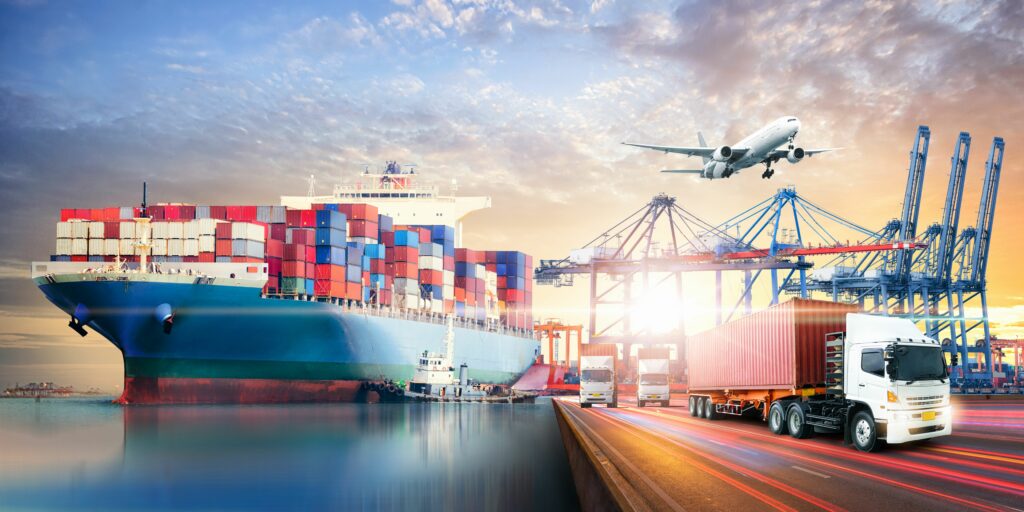
International Logistics
If you’ve ever considered expanding your expertise in the dynamic field of logistics and supply chain management, now is the perfect time to take the plunge. Sign up now for an upcoming course:


